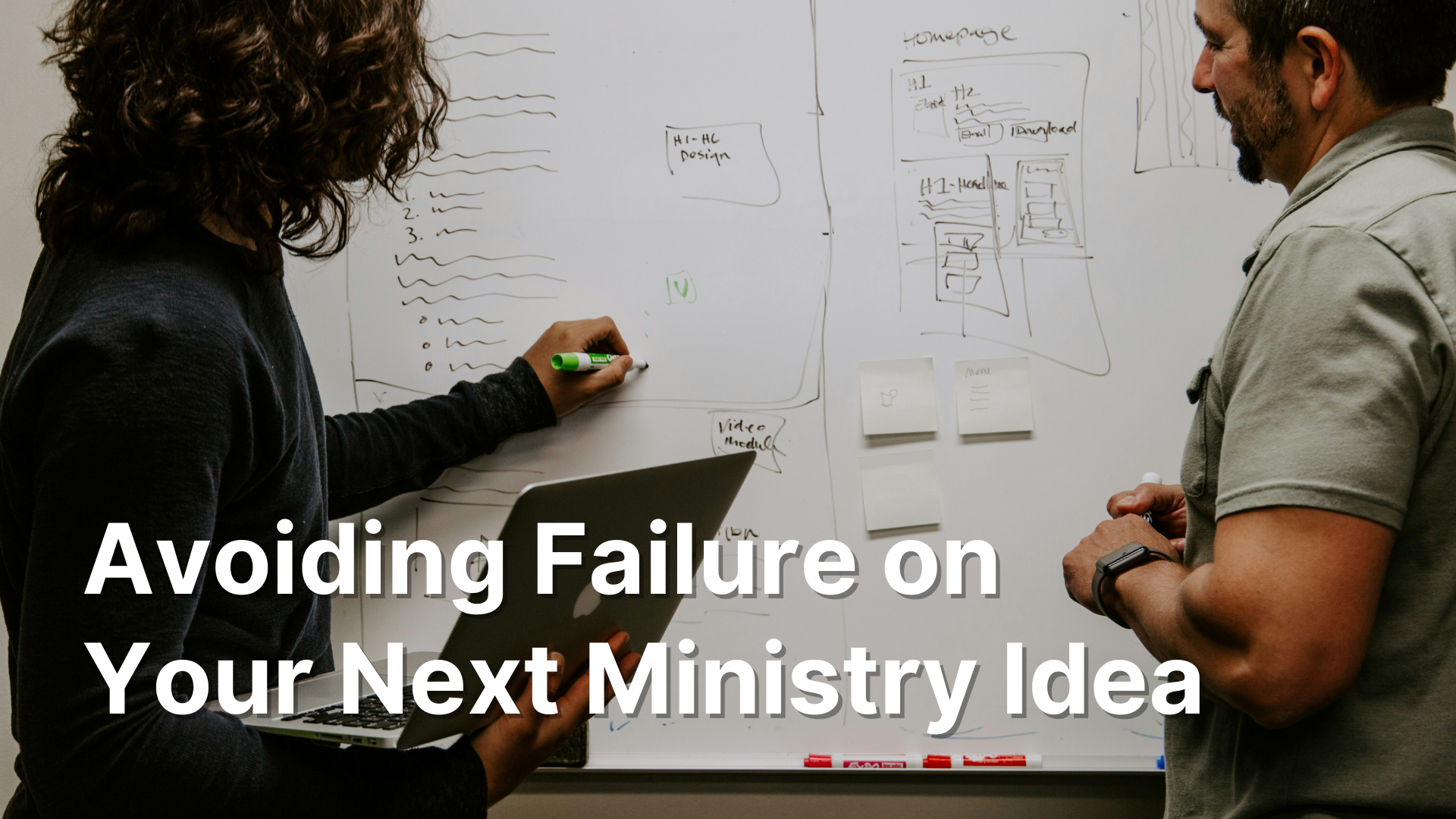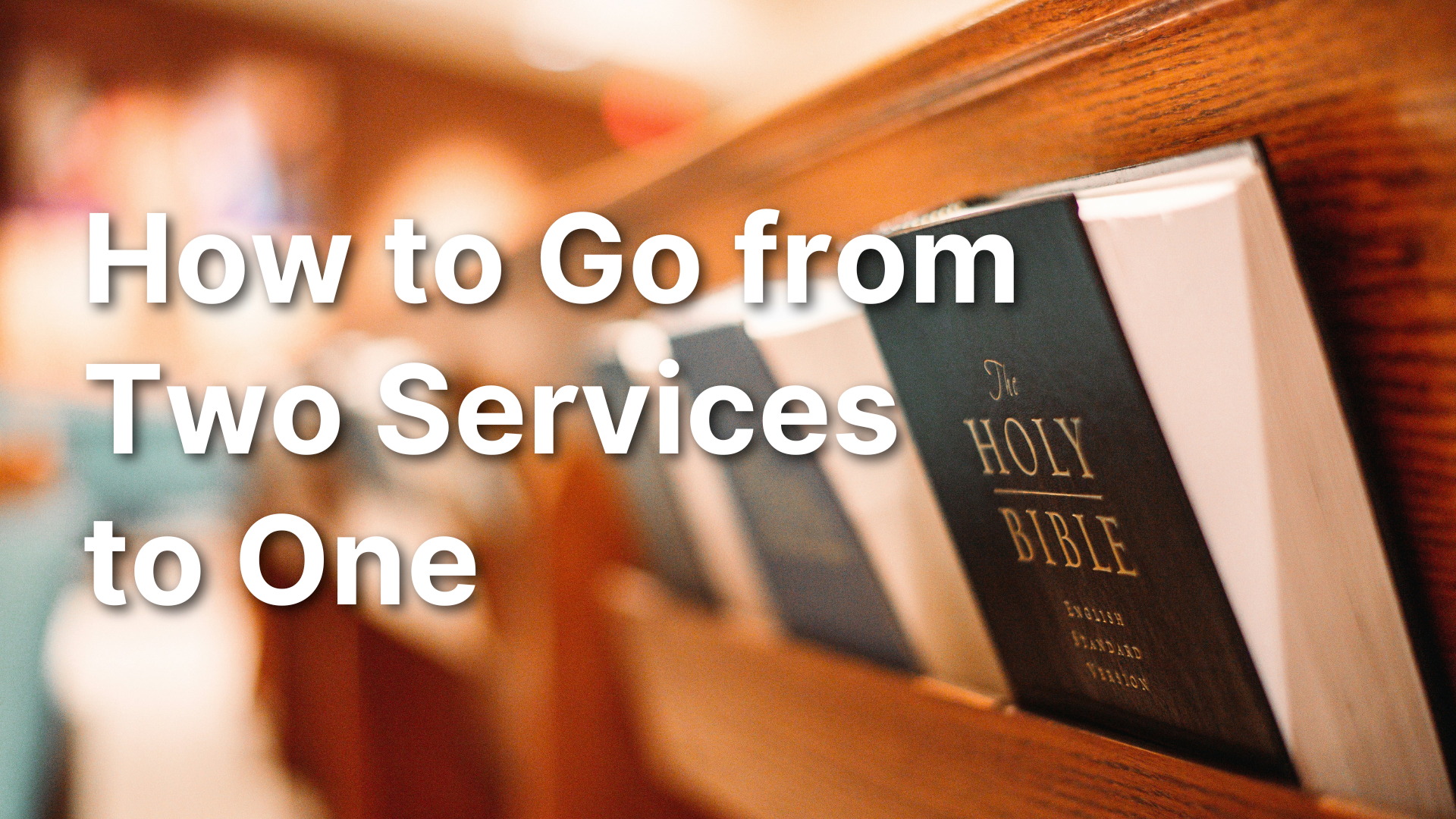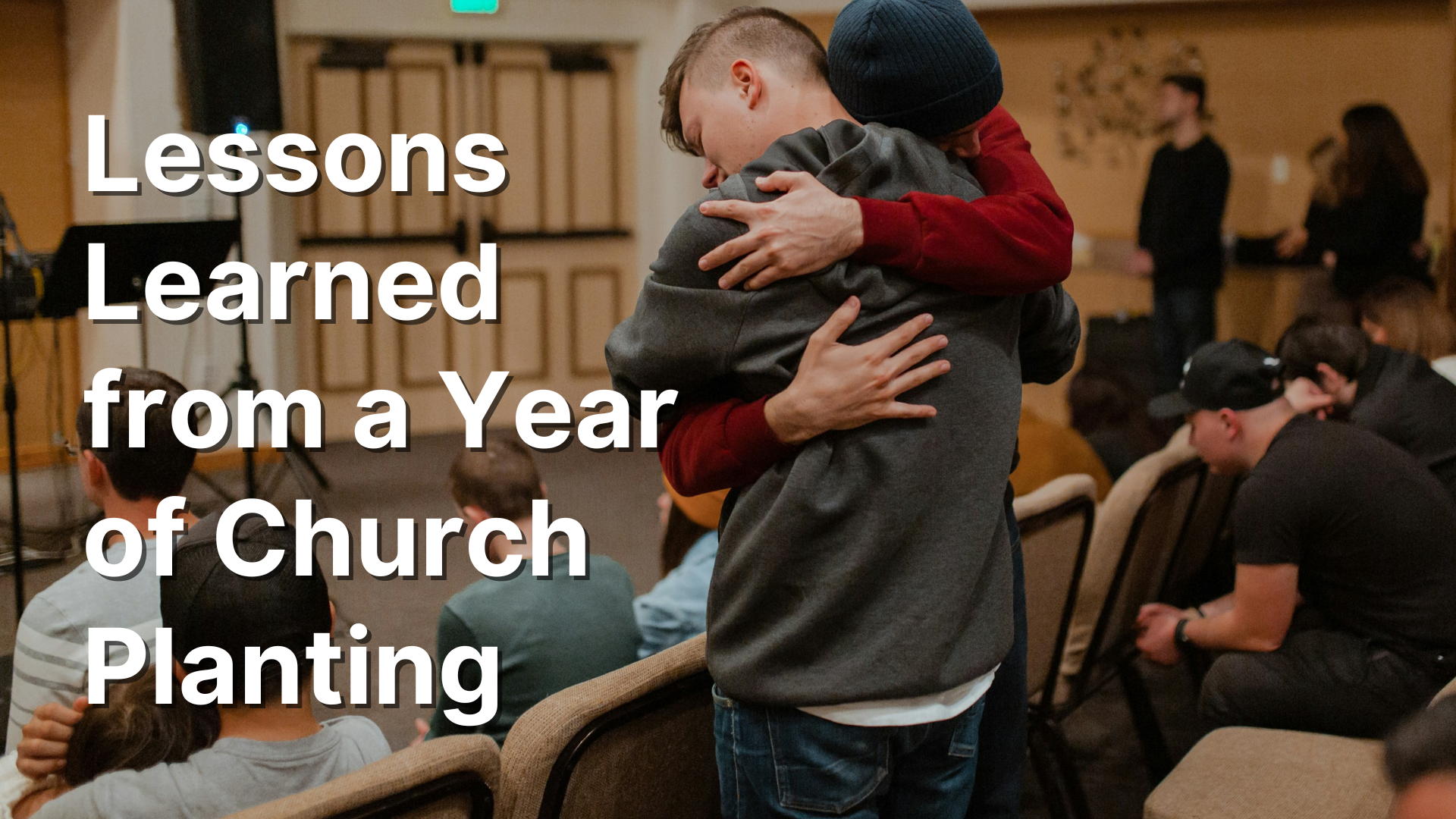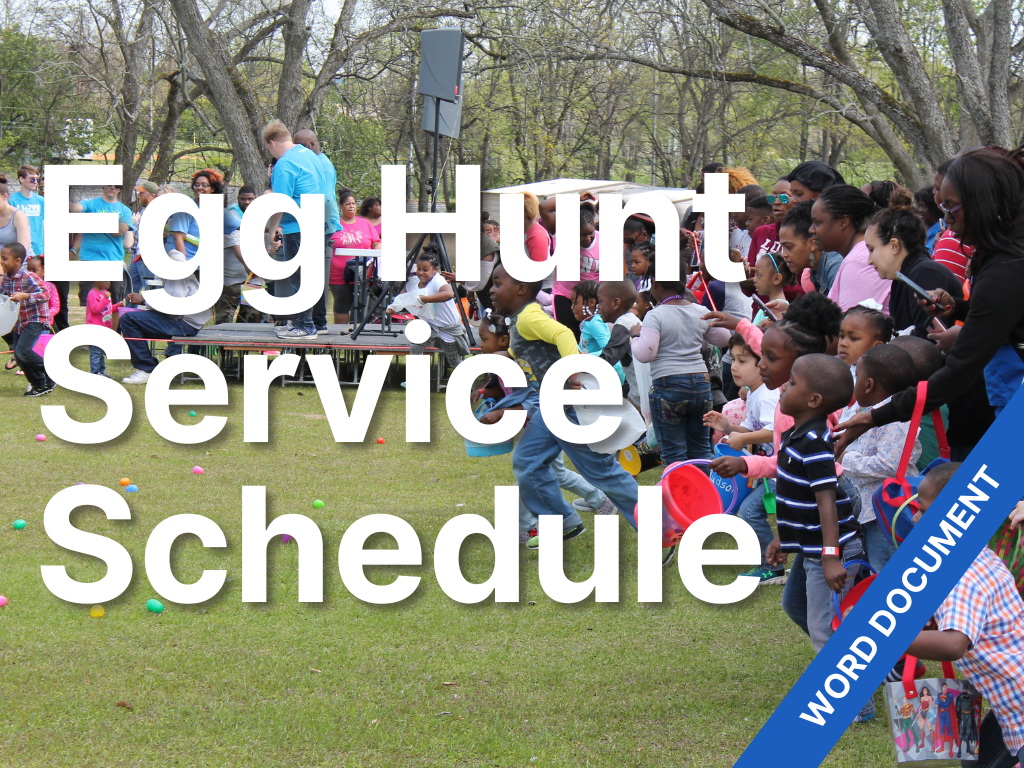Avoiding Failure on Your Next Ministry Idea
Photo by Kaleidico on Unsplash
I had a great idea. A God idea. What if we got the whole church together on Saturdays for an hour of prayer? It would be easy to continue the practices started with 21 Days of Prayer. We could cover our services in prayer. Lives would change. More people will believe in Jesus!
I pitched the idea to my pastor, and he wasn’t enthused as much as I tried to sell it. He told me to try it as a Life Group first and see how it goes. It’s not what I wanted, but it’s something. So, I signed up to lead the group. Advertised. Asked people to join personally. On the first Saturday morning, I set the environment. I had the lights low and great worship music. I had my prayer model prepped and ready to go. And then I waited. And waited. And waited. Eventually, 2 people showed up. We prayed, but the energy wasn’t there. By week 3, I was the only one there.
I thought I had a great idea. A lot of churches have a vibrant Saturday morning prayer ministry. Why can’t mine? But my people didn’t want it, and, to be fair, I was busy a lot of Saturdays and couldn’t make it either.
What my pastor knew, and I learned after this is what Jim Collins teaches in his book Great by Choice. Fire bullets, then cannonballs.
What Collins means is before you launch an idea to a large group, start with a smaller group and see what happens. Then if it resonates with the group, scale up.
After I learned my lesson, I started small with my all-volunteer training meetings. I wrote about them here. At the same church I tried to create a prayer group, I lead a conference style all-volunteer meeting. Every volunteer from the church was invited to learn and grow on a Saturday in October. But I didn’t start there. I fired bullets first.
1. Run a trial with a small group
I knew that we needed to train our volunteers, but I first needed to raise the leadership of my kidmin leaders. These leaders led nursery, preschool, Wednesday night clubs and others. They were dedicated to the vision of the church and their ministry, but they struggled leading their teams.
So, I started training them first. I wrote about those meetings here. After a year of focused training with them, we planned a volunteer training meeting. We'd meet for an hour or so Sunday after church and invite all our kidmin volunteers. It worked well. So, the next year, we upped the ante by moving the training to a Saturday and making it longer. After 3 years of trial and error we finally launched to the whole church. We never would have gotten there if I didn’t start with the first group.
2. Collect Feedback
As you run your trials with small groups, you need to see what’s working and what’s not. When I was on my journey to find a great curriculum for my kidmin, I tried several different companies. I would download the trials and have my team look over them. I wanted to know their thoughts. If it passed their test, I pushed it out to my ministry to see how the kids liked it. Since most of the trials were 4-6 weeks, they were low stakes. We could easily pivot if it wasn’t working.
After each week, I’d ask my volunteers and small group leaders what they thought and what we could do better. I wrote it all down and used that information the next week.
The only way you’re going to know if something is working is if you get usable feedback. You can’t just go by feeling. Your feelings are subjective. Jeremiah says the heart is deceitful above all things. Ask your volunteers, your parents, even your kids what they think. Send out surveys and hold focus groups. The more feedback you get the better you’ll be when you’re ready to go big.
3. Launch!
After you’ve tested with small groups and collected feedback, it’s time to launch. Take all the feedback you’ve collected and apply it to your idea. This will make your idea stronger and way better than the lightbulb moment you had in the shower.
As your marketing leads up to launch day, challenge your test groups to talk about their experiences. They’re excitement for what’s to come will be infectious, making the big day that much more effective.
The key here is to not get bogged down in perfection. We can wait and wait and wait, continuing to tinker with our idea and never actually launch. Your first one will never be perfect, but it gets you started. You can always iterate later.
Just think about the iPhone. How much has it changed in the last 15 years? When it first launched, they didn’t even have an app store! The iPhones of today are almost unrecognizable compared to the one that came out in 2007. But it’s still one of the most successful consumer products of all time.
Your idea may not be perfect the first time you launch, but that’s why you need to continue to collect feedback. As you learn what your people like and don’t like you can make your event, ministry, or product even better.
Follow Collins advice. Take little shots. Find out what’s working, then fire the big cannonball and win.
I’m sure you have some incredible ideas, even God ideas. But in order to steward them properly and see success, we need to follow the process. Test small, collect feedback, and launch!










